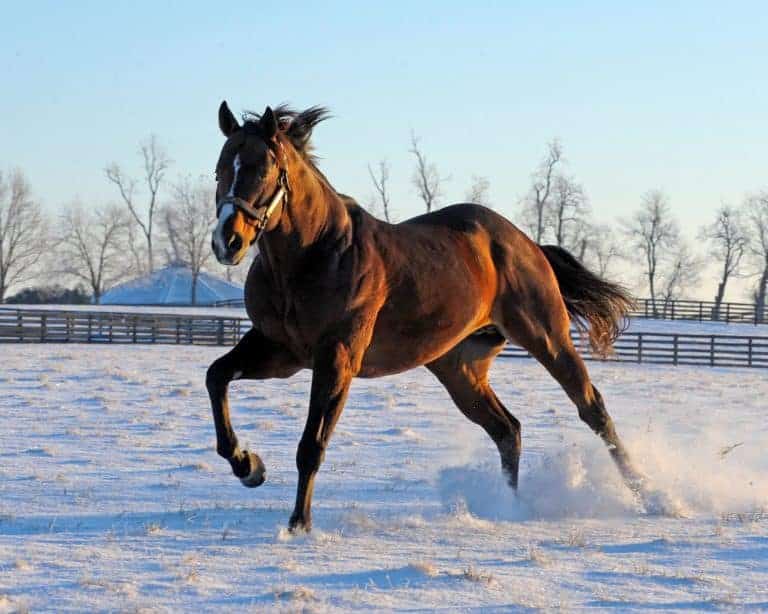Venezuela: First Outbreak of VEE In Three Years
An Oct. 12 ProMED-mail posting reported that Venezuelan equine encephalitis (VEE) has re-emerged in Venezuela after being controlled by health authorities for more than three years. This virus hasn’t been reported in the United States for more than 30 years.
The ProMED posting said that representatives of the National Breeders’ Federation reported that the disease has affected animals












